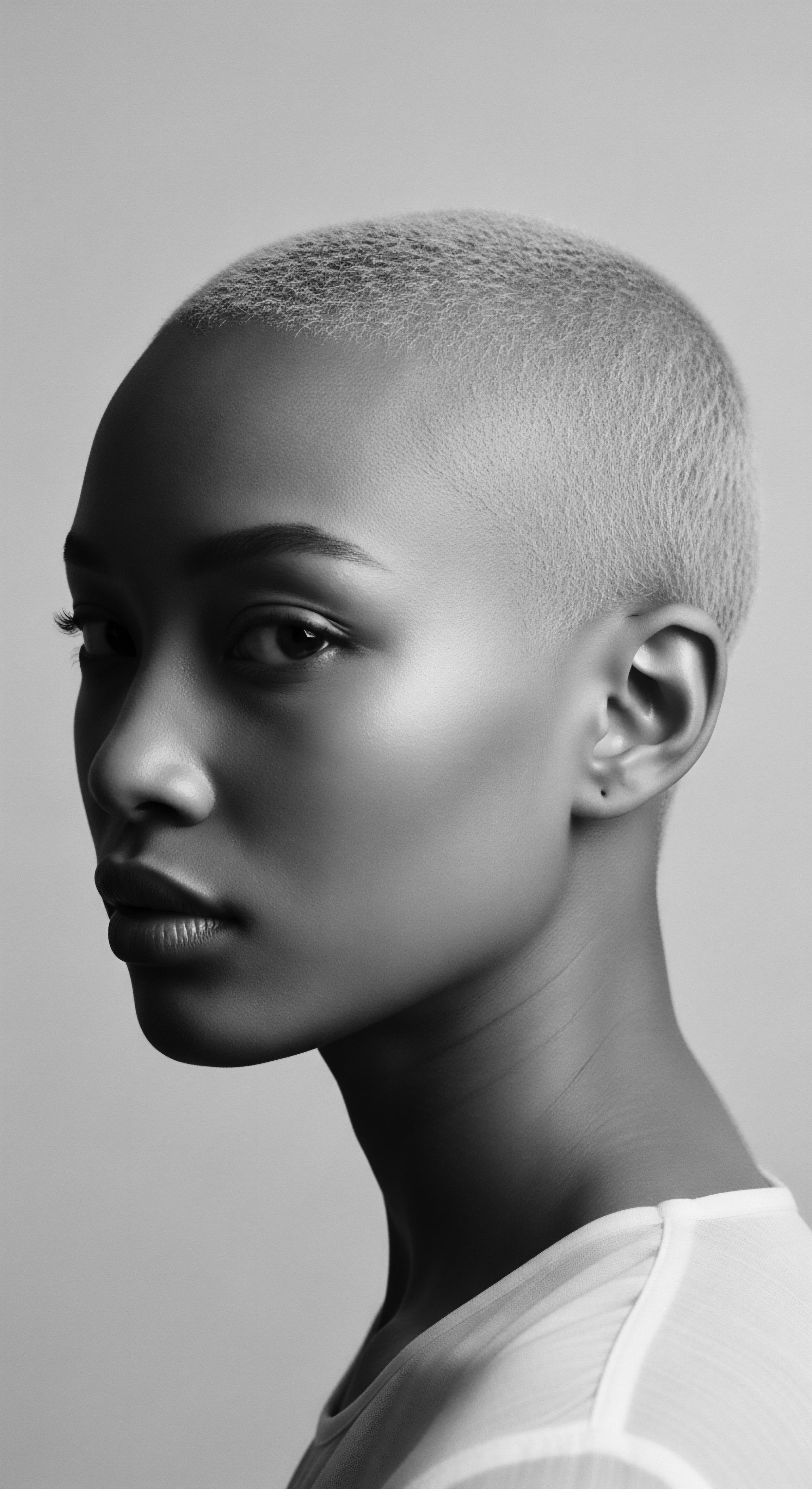
What Historical Practices Protected Textured Hair during Sleep?
Ancestral practices protected textured hair during sleep by minimizing friction and retaining moisture, profoundly rooted in heritage.

How Did Head Coverings Safeguard Hair Health and Cultural Heritage during Sleep?
Head coverings protect textured hair during sleep by reducing friction, retaining moisture, and preserving intricate styles, a practice deeply rooted in ancestral heritage.

How Do Traditional Sleep Coverings Maintain Textured Hair Moisture?
Traditional sleep coverings maintain textured hair moisture by reducing friction and creating a protective microclimate, honoring ancestral care methods.

What Is a Sleep Bonnet’s Primary Function for Textured Hair?
A sleep bonnet's primary function for textured hair is to preserve moisture and shield strands from friction, a practice rooted in ancestral protection and cultural preservation.
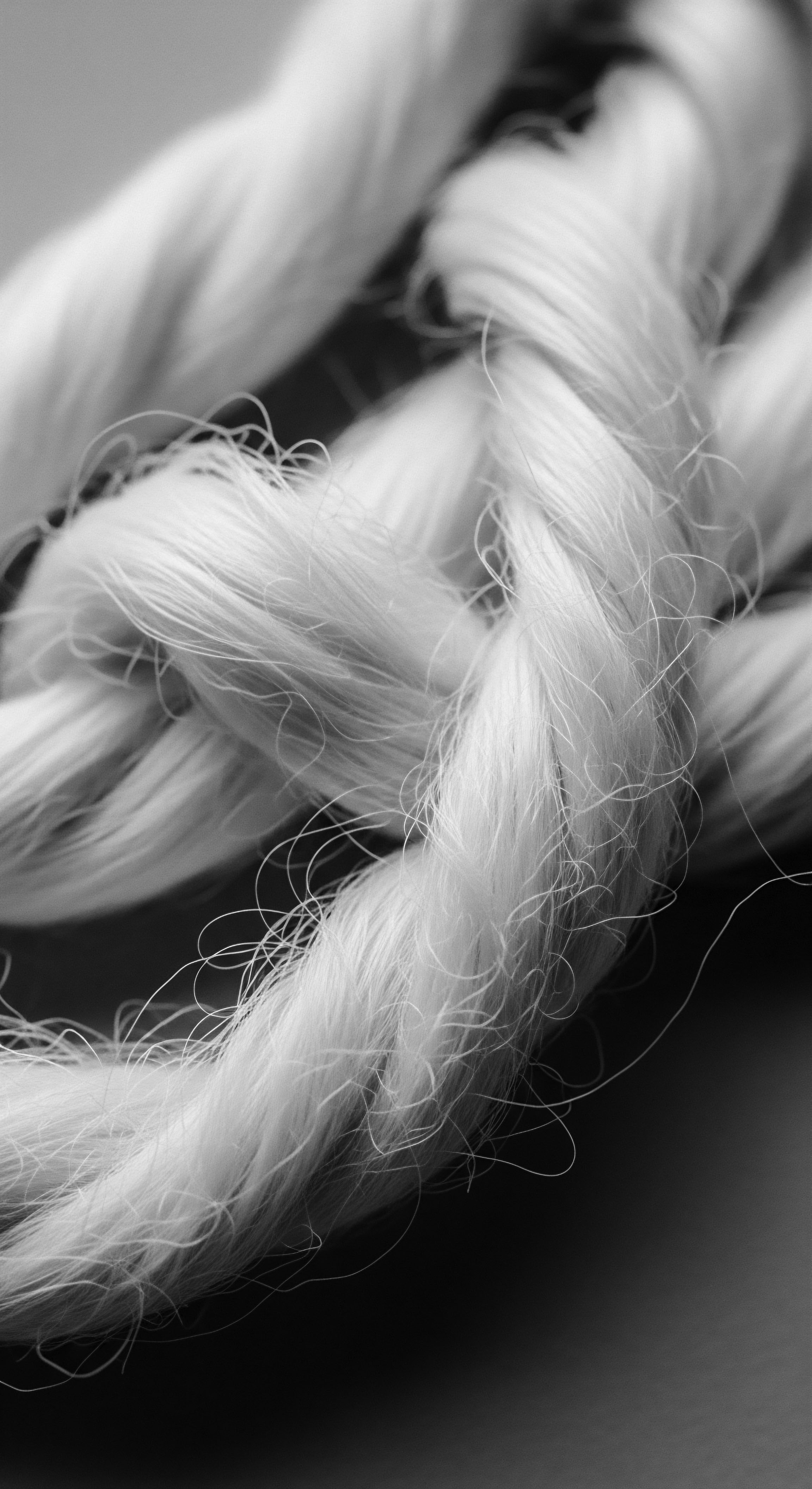
What Scientific Principles Validate Traditional Sleep Coverings for Textured Hair Health?
Traditional sleep coverings validate textured hair health by reducing friction, retaining moisture, and preserving ancestral styling.

What Ancestral Sleep Practices Continue to Shape Modern Textured Hair Care?
Ancestral sleep practices, rooted in hair protection and cultural identity, continue to shape modern textured hair care.
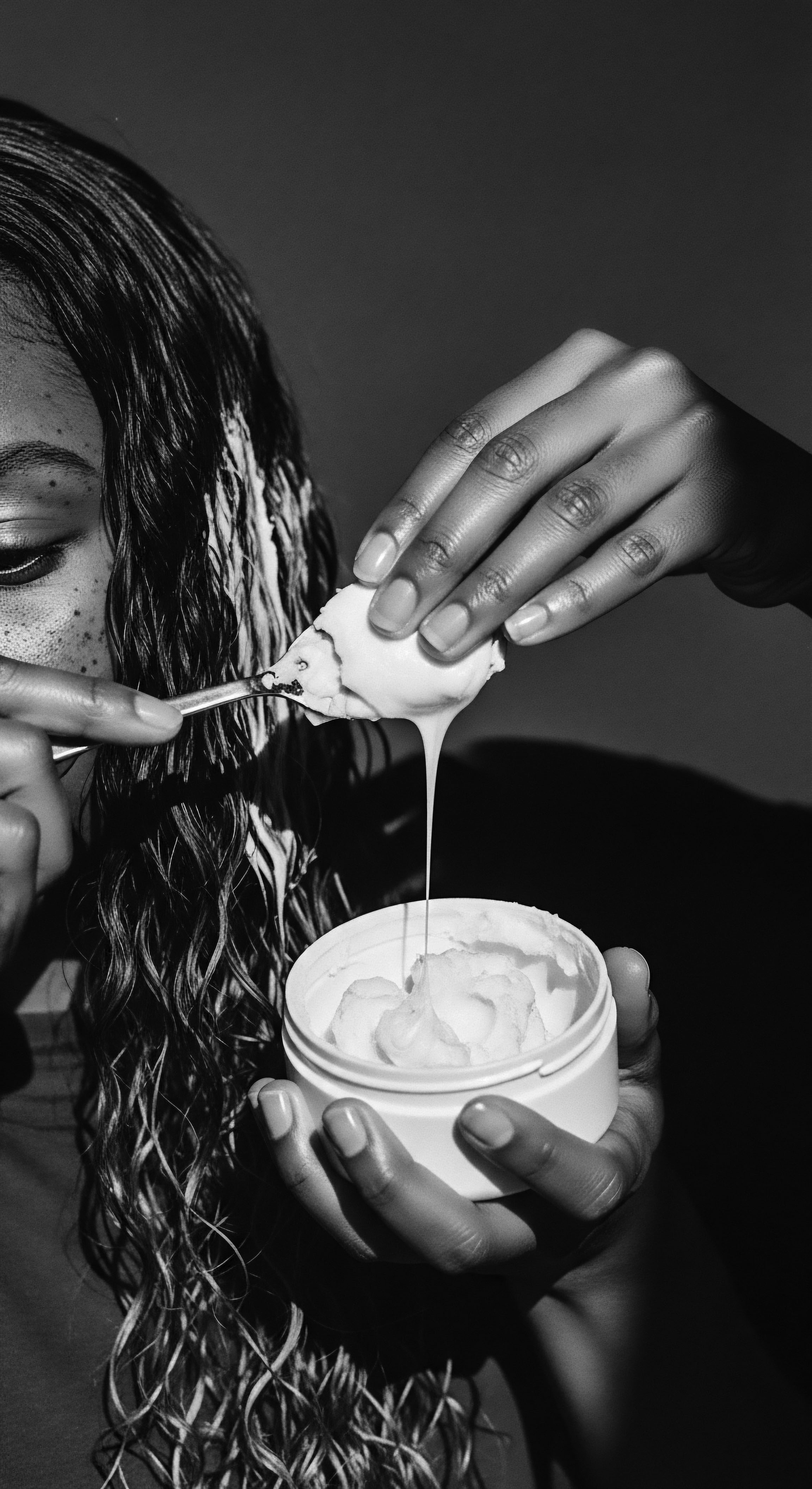
How Do Modern Sleep Bonnets Honor African Hair Heritage?
Modern sleep bonnets protect textured hair, reducing friction and retaining moisture, honoring ancestral African hair care heritage.
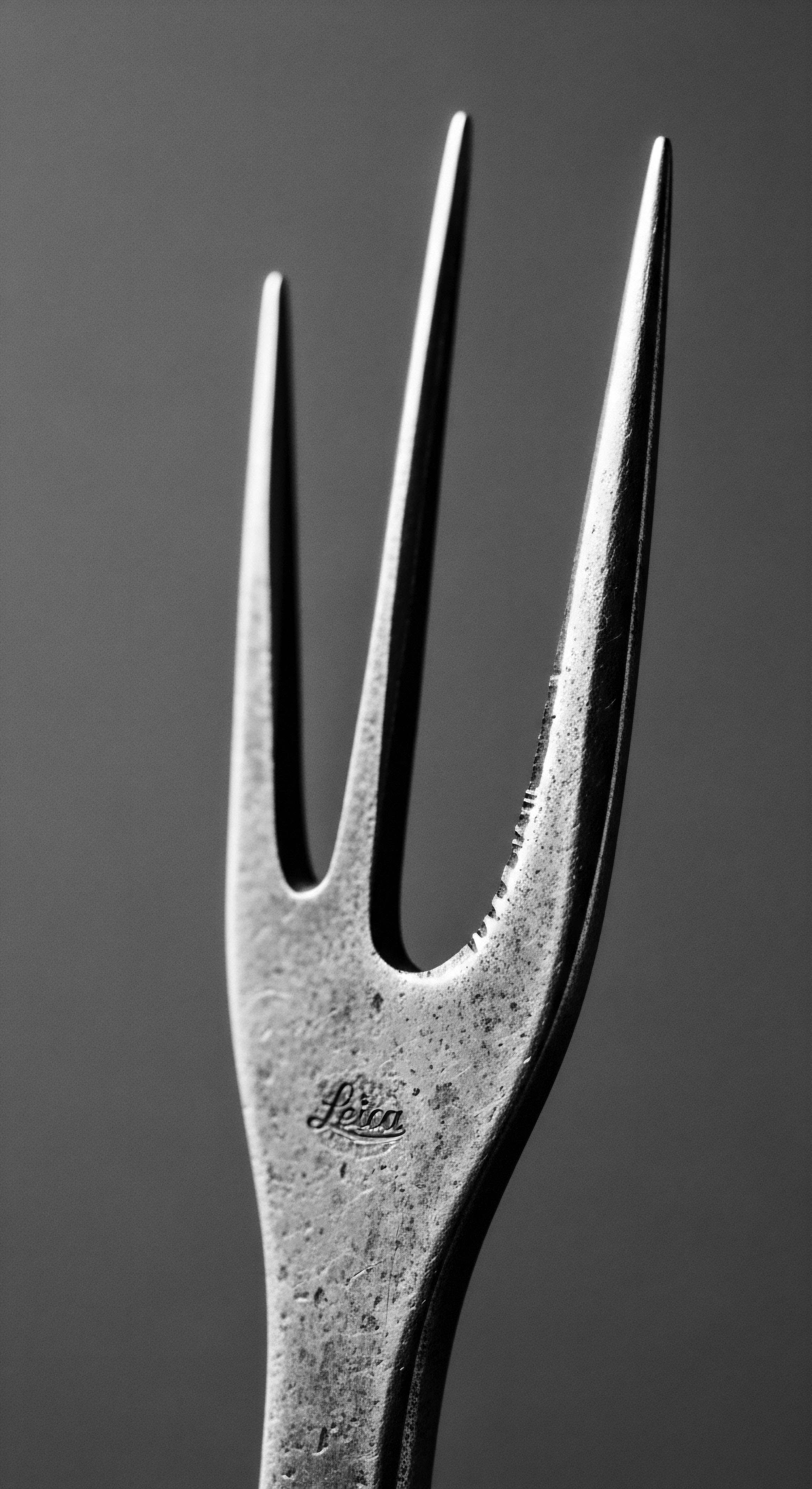
How Do Sleep Coverings Connect to Textured Hair Ancestry?
Sleep coverings connect to textured hair ancestry by continuing ancient practices of friction reduction and moisture preservation, rooted in generations of cultural care.
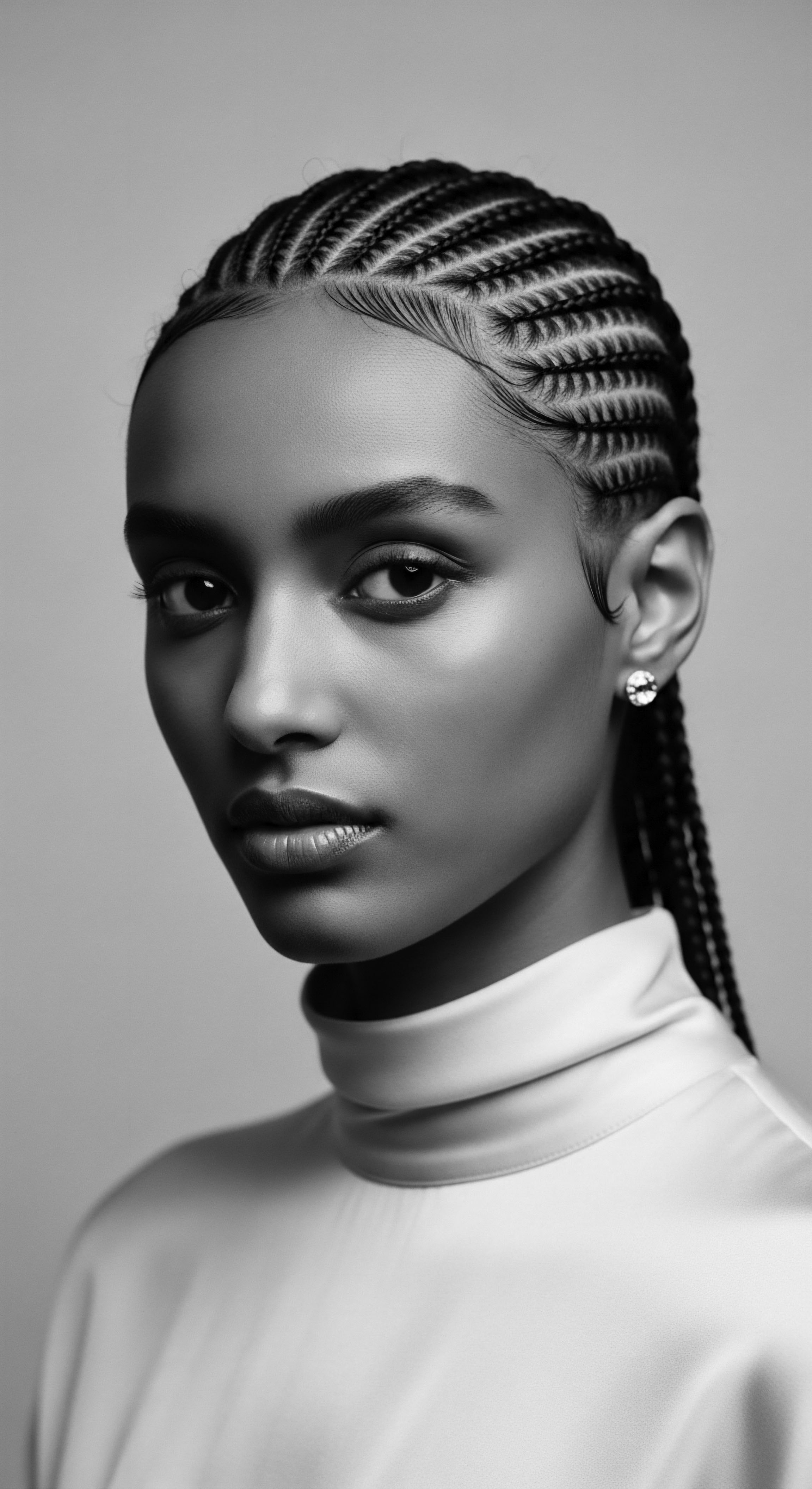
Why Are Smooth Sleep Surfaces Beneficial for Textured Hair?
Smooth sleep surfaces preserve textured hair’s integrity, a benefit echoing ancestral practices that intuitively minimized friction and retained moisture.
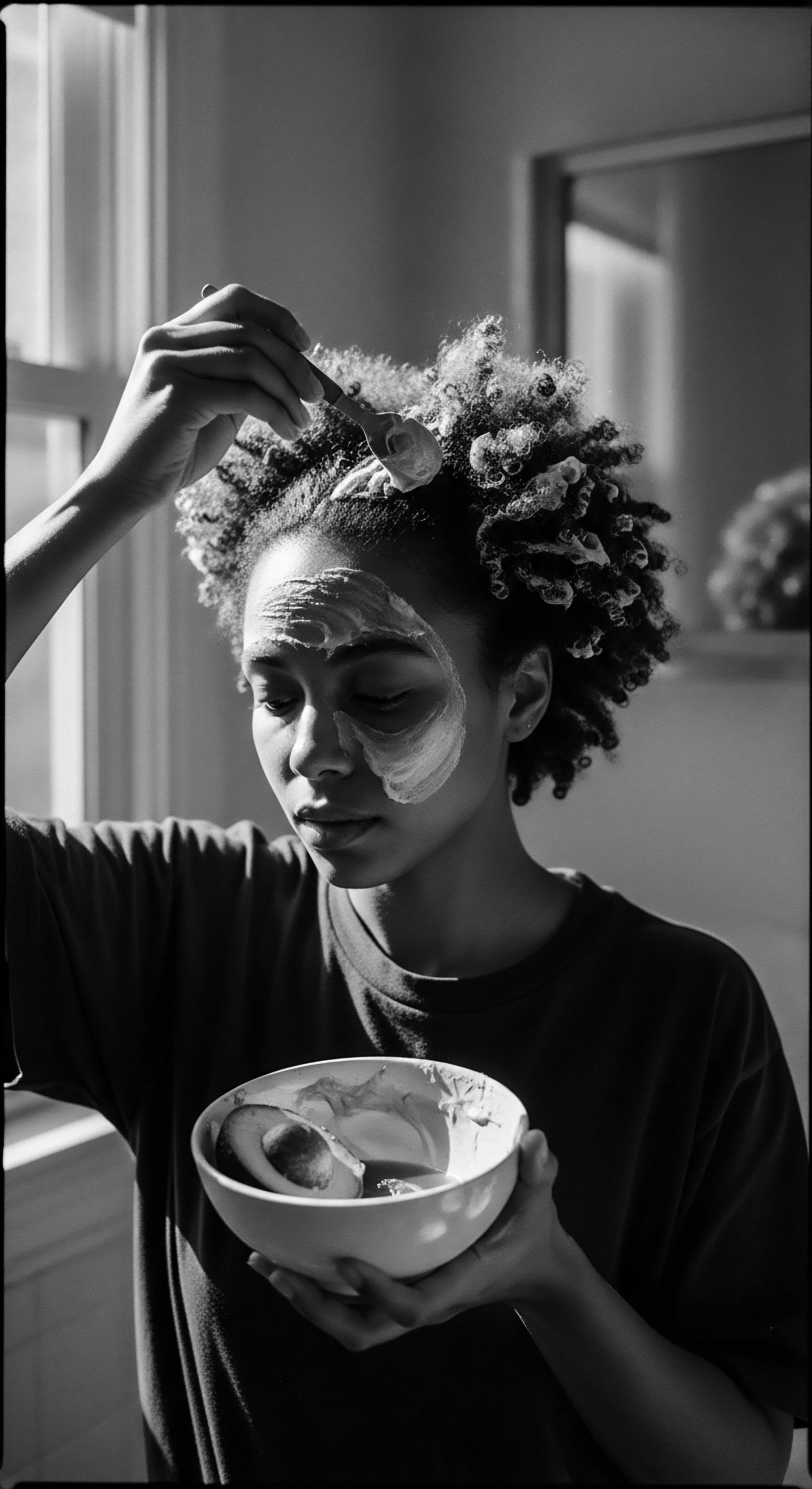
Why Do Textured Hair Types Need Specific Sleep Protection?
Textured hair needs sleep protection to mitigate friction and moisture loss, a practice rooted in ancestral heritage and cultural resilience.

How Do Traditional Oils Protect Textured Hair during Sleep?
Traditional oils create a protective barrier, reducing friction and sealing moisture, honoring centuries of textured hair heritage.
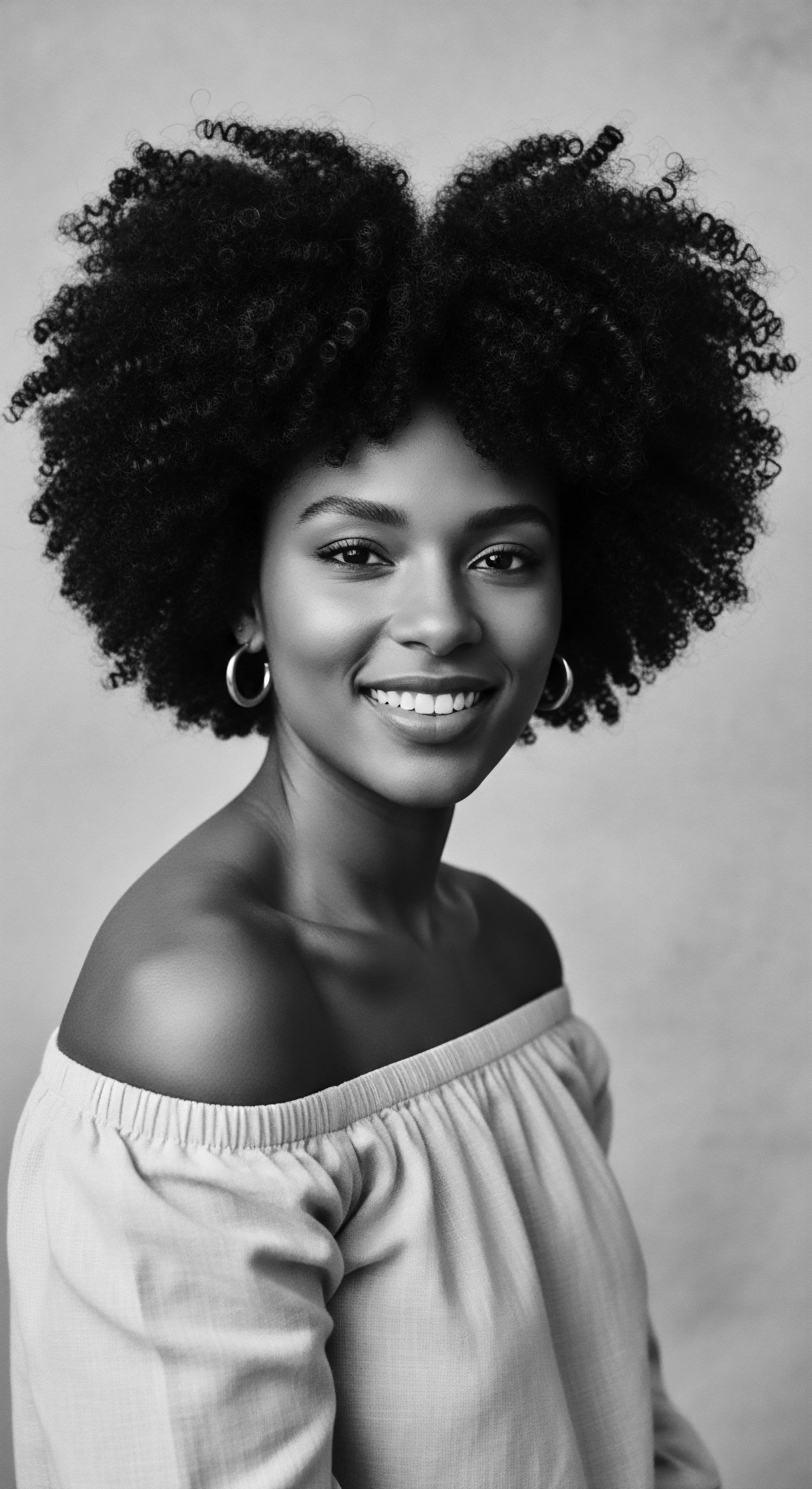
How Does African Hair Heritage Connect with Sleep Protection?
African hair heritage deeply connects with sleep protection through centuries of practices using coverings and styles to preserve hair moisture and structure.
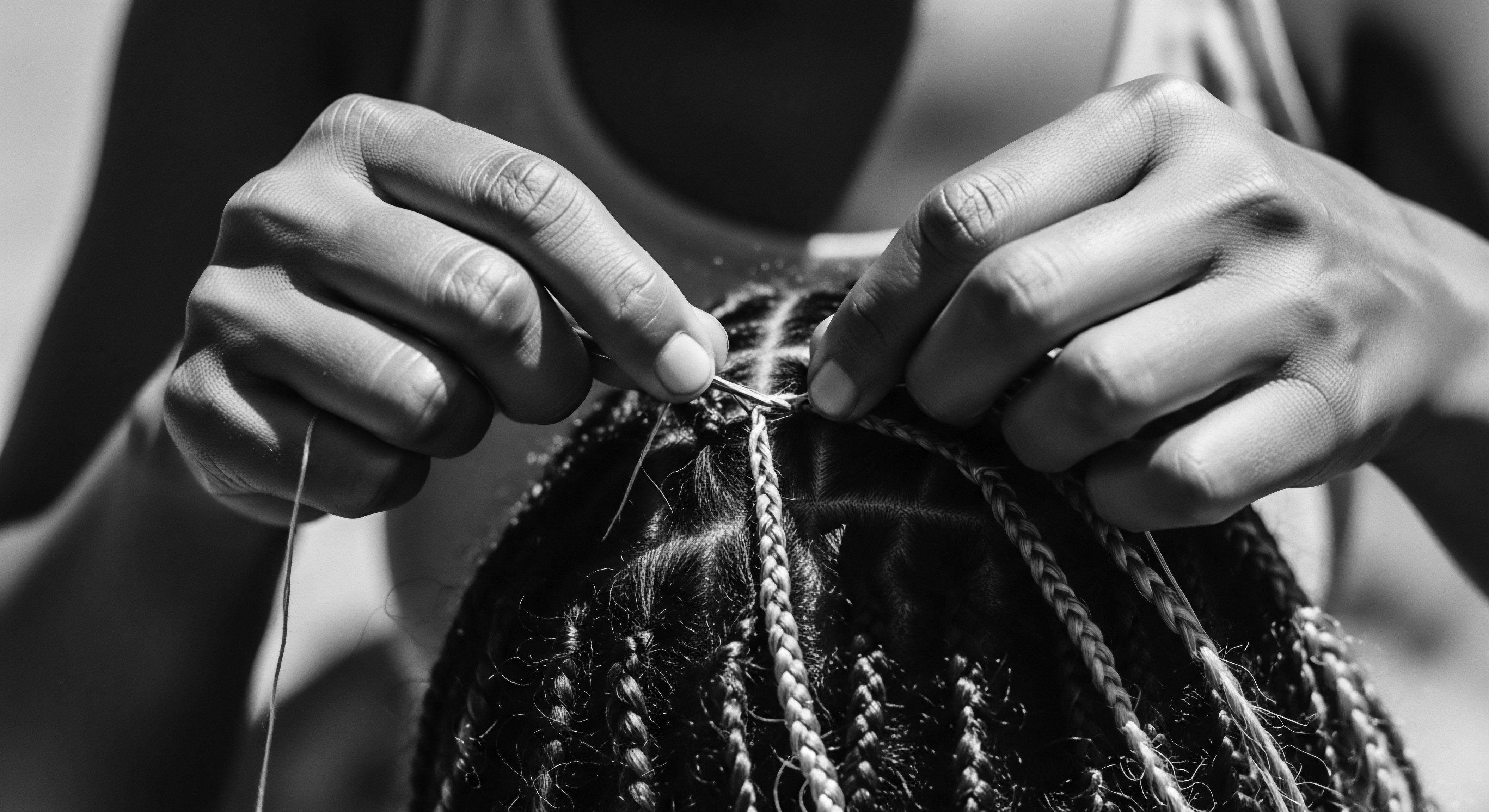
What Ancestral Sleep Practices Continue to Shape Textured Hair Care Today?
Ancestral sleep practices for textured hair manifest today in protective styles and head coverings, preserving hair health and heritage.
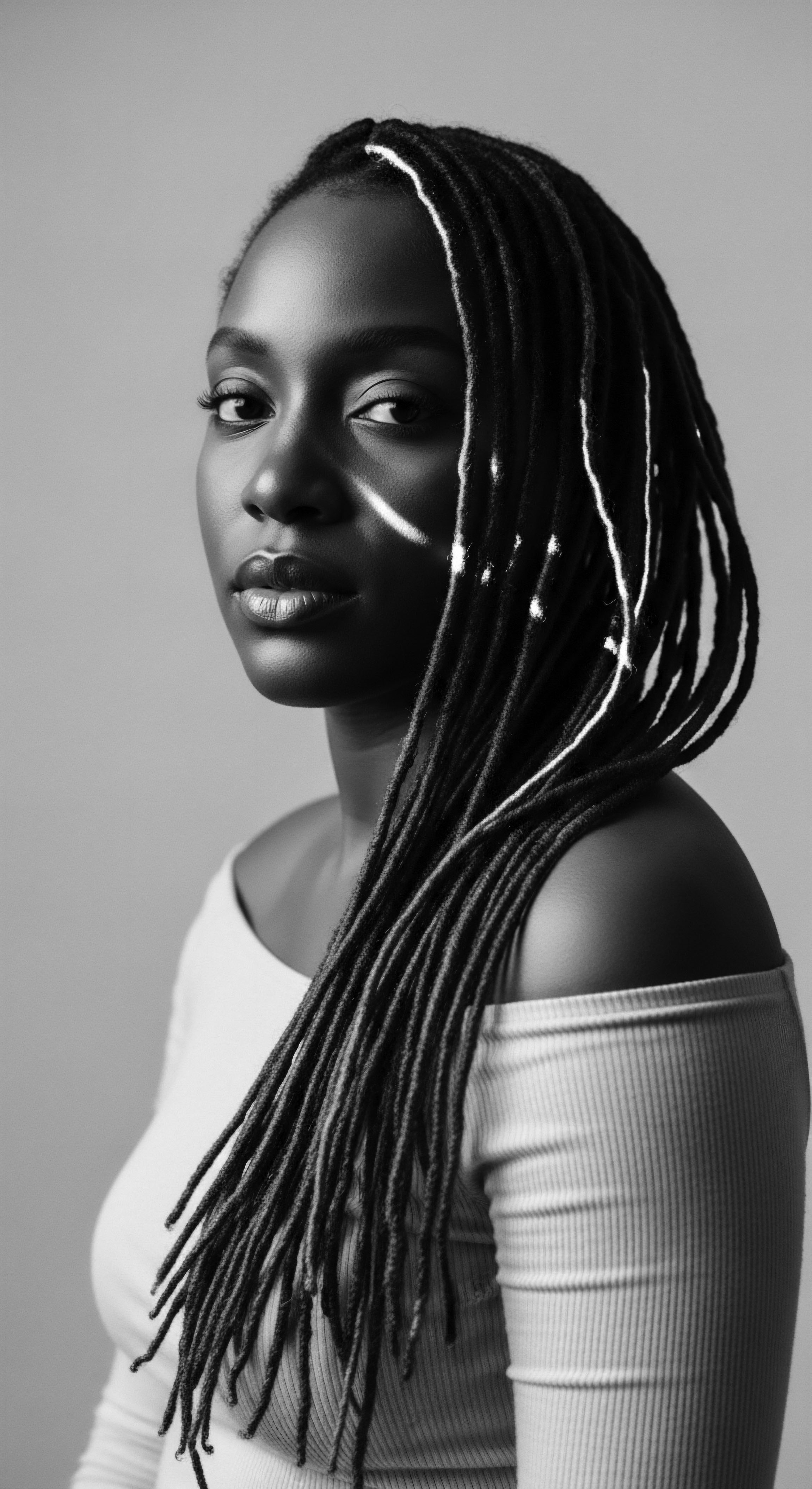
Does Sleep Position Dry Textured Hair?
Sleep position can indeed dry textured hair, primarily due to friction with abrasive surfaces, a challenge long addressed by ancestral protective practices.

